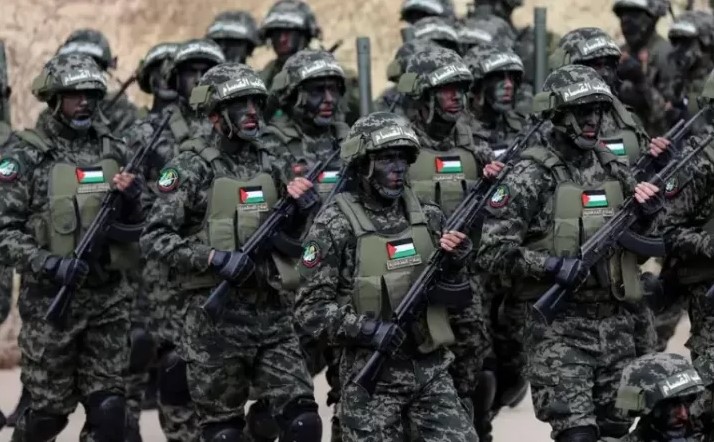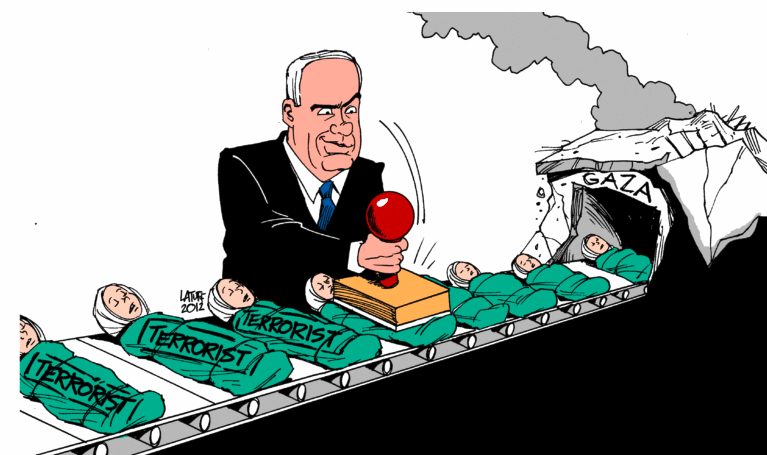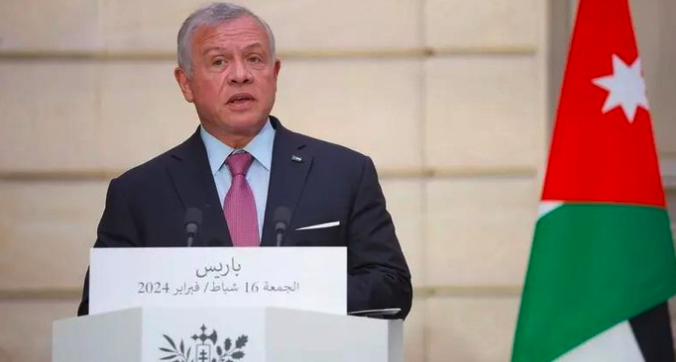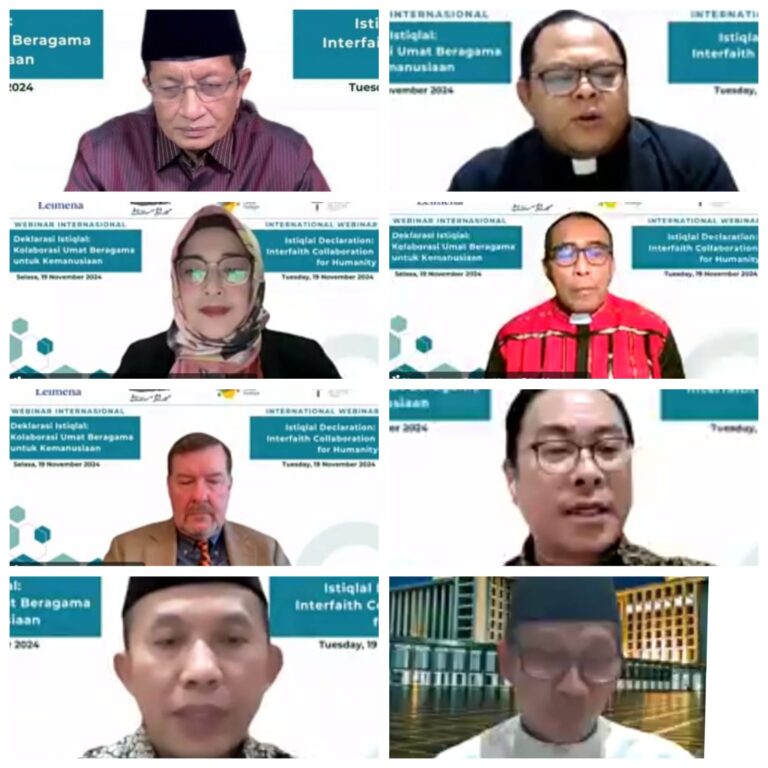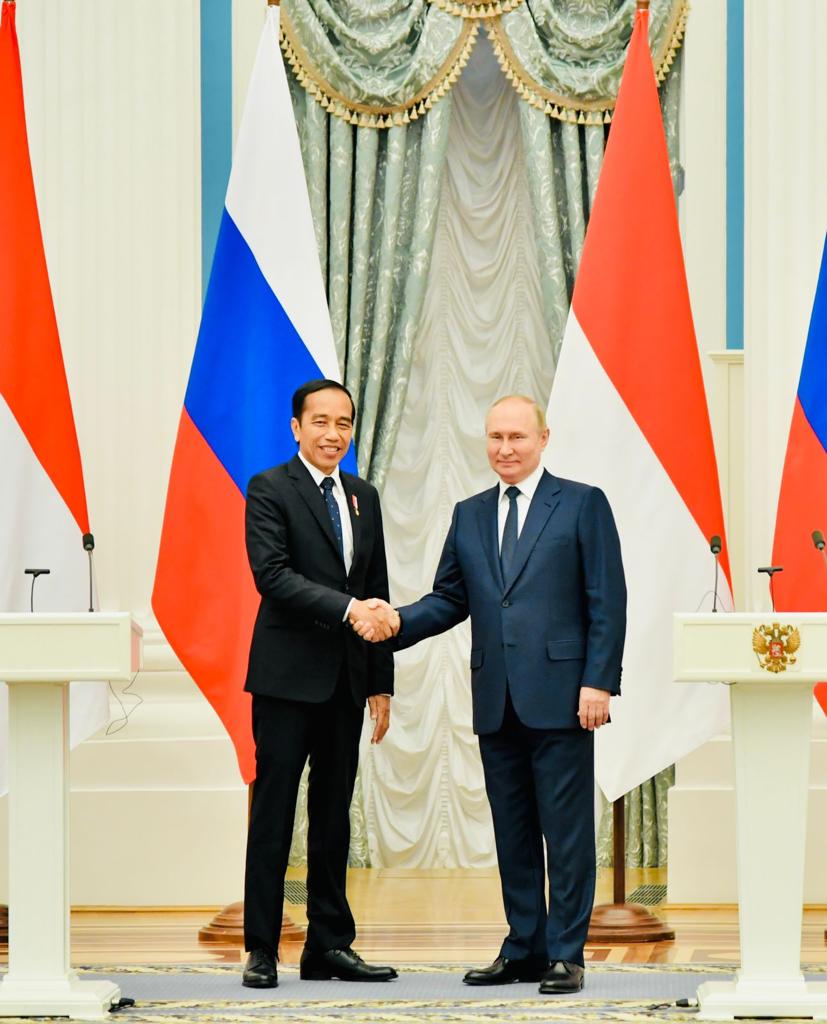
STRATEGIC ASSESSMENT. The Indonesian government has confirmed earlier reports that President Jokowi will pay visits to Ukraine and Russia next week to push for a resolution to their ongoing war, the first such visit by any Asian leader.
Jokowi will make the visits not just as president of Southeast Asia’s most populous nation, but also as this year’s chair of the G20 economic bloc.

Russia’s inconvenient membership in the grouping has threatened to overshadow Indonesia’s G20 chairmanship, which has been based on the theme of economic recovery from the COVID-19 pandemic.
Indonesia has studiously avoided taking a side in the conflict, pledging to keep the focus of its chairmanship on the economic issues that form the G20’s traditional focus and refusing to retract its invitation for Putin to attend the Bali summit.
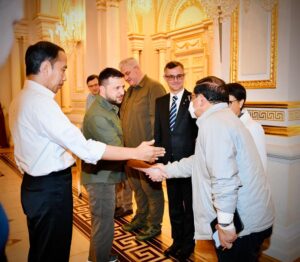
To counterbalance its position, and douse Western criticisms, Jokowi has also extended an invitation to Zelenskyy to attend, either in person or (more likely) by video link.
The threat of a G20 derailment at least partly explains Jokowi’s entrée into international conflict mediation, something that he has generally eschewed in the eight years of his presidency.
Whether he will have much success in convincing Putin to give up perhaps his main form of leverage over the West – the ability to engineer a global food shortage – remains to be seen, but as I argued last week, the Indonesian leader should be given a certain degree of credit for making the attempt.
According to a Russian official source quoted by the TASS news agency on Thursday, President Jokowi’s visit to meet Russian President Vladimir Putin on June 30 would be a very important visit, and that Russia was making preparations to welcome Jokowi.
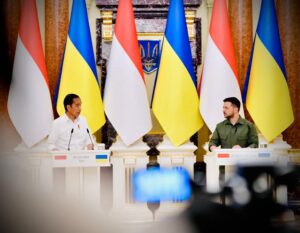
The source went on to say that Indonesia is an important partner for Russia, with which Russia has maintained intensive political and economic ties. The Kremlin source said Putin has been invited to participate in the G20 summit. “We will definitely go, but in what format is to be decided later,” the source said.
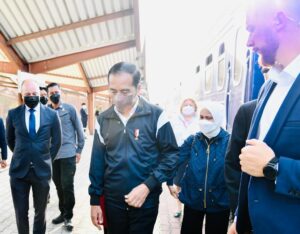
According to Indonesian Foreign Minister Retno Marsudi, Jokowi will be the first Asian leader to visit the two warring countries. As the G20 president and a member of the Global Crisis Response Group formed by the U.N. Secretary-General, said Retno, Jokowi chose to try to contribute and did not choose to remain silent.

Reconciling Russia and Ukraine is certainly not an easy task, especially when the issues that trigger conflict are complex. However, Jokowi’s visit to a conflict-ridden country certainly raises hopes for the realization of peace between the two countries. The world community certainly hopes that Jokowi, as a head of state who adheres to a free and active foreign policy, can act as a peacemaker.


